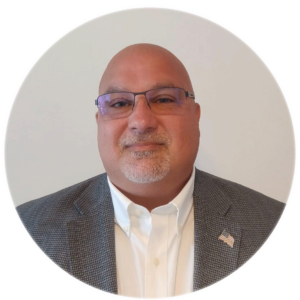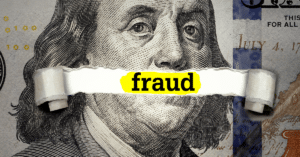The healthcare system relies on trust and accuracy to function properly. But what happens when that trust is broken for financial gain? Risk Adjustment Factor (RAF) fraud is a serious issue that quietly drains billions from Medicare and Medicaid, impacting the integrity of the entire system.
Understanding this type of managed care fraud is the first step toward stopping it. For those with inside knowledge, speaking up not only protects taxpayers, but also comes with significant personal and financial rewards, sometimes up to 30% of any funds recovered by the government in successful cases.
What Is RAF Fraud?
Risk Adjustment Factor (RAF) scores are estimates used to determine how much it will cost to provide care for a patient, with insurers receiving higher payments for patients who are sicker or have more complex medical needs. RAF fraud happens when healthcare providers or insurance plans intentionally inflate these scores, often by adding diagnoses a patient doesn’t have, exaggerating the severity of existing conditions, or “upcoding” medical records, to make patients seem sicker than they really are.
Some managed care organizations (MCOs) may work with third-party coding companies to systematically “game the system.” Examples include adding unsupported risk codes, mass-altering patient records across a practice, or instructing staff to document unnecessary conditions. These actions all have a single purpose: to secure higher government reimbursements, especially from programs like Medicare Advantage.
This kind of fraud doesn’t just skew numbers. It quietly drains taxpayer dollars intended for genuine patient care and drives up healthcare costs. As those inflated payments add up, taxpayers and everyday patients are left to bear the burden through higher program expenses, increased taxes, and reduced care quality. The impact of RAF fraud hinders the spirit of managed care and puts unnecessary strain on our entire healthcare system.
How RAF Fraud Relates to Managed Care Fraud
When MCOs artificially inflate RAF scores, they directly divert funds away from real patient needs. These inflated scores mean government dollars, meant to support honest care, are instead funneled into dishonest hands. This practice fuels a cycle where:
- legitimate care is underfunded;
- patient services may be reduced, and;
- costs for taxpayers continue to climb.
Not only does this practice drain billions from critical healthcare programs, but it also increases the taxes and premiums paid by everyone. In this way, RAF fraud is a clear example of managed care fraud—it shifts resources away from patients and unfairly burdens both the healthcare system and ordinary citizens.
The impact of RAF fraud goes beyond just numbers on a spreadsheet. When medical records are falsified, it can affect a patient’s future care and insurance coverage. It also erodes trust in the healthcare system, forcing everyone to question the motives behind a diagnosis. By allowing this fraud to continue, we all pay the price through higher costs and a less reliable system. Stopping it is a collective responsibility, and those on the inside are in the best position to report MCO fraud.
How to Spot and Report Risk Adjustment Factor Fraud
If you work in healthcare, you might notice red flags that point to RAF fraud. These can include:
pressure to “upcode” or add diagnoses without proper documentation;
- seeing patient records altered to reflect more severe conditions, or;
- noticing a pattern of high-risk diagnoses that don’t match the patient population.
Wondering how to report managed care fraud? The process is more straightforward and rewarding than you might think. By coming forward, you become a whistleblower, a hero who helps protect our healthcare system. The law protects you, and the process is handled with complete confidentiality. Reporting MCO fraud is a powerful way to ensure accountability.
Your Courage Can Make a Difference
If you have knowledge of risk adjustment factor schemes or managed care fraud in your workplace, you have the power to create positive change. Whistleblowers are essential in holding companies accountable and recovering taxpayer money. By stepping forward, you help do the right thing, while also becoming eligible for a substantial reward for your bravery.
Contact DJO Whistleblower Law Group for a free, confidential consultation to report risk adjustment fact fraud. As a contingency law firm, we don’t get paid unless we win your case. We’ll work to get you the maximum reward, up to 30% of any funds recovered by the government.

authored by Christopher J. Piacentile
Director of Investigations DJO Whistleblower Law Group


